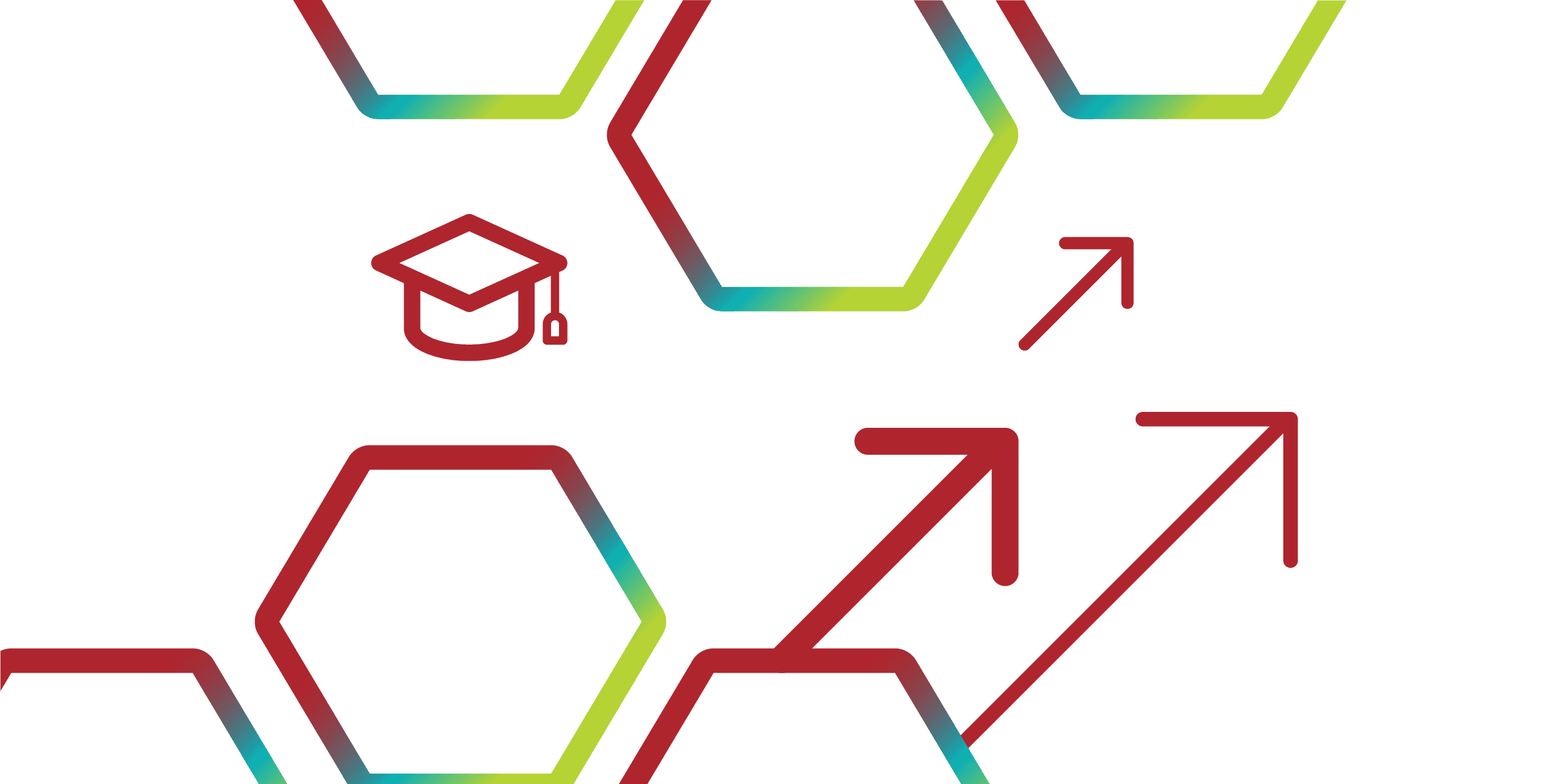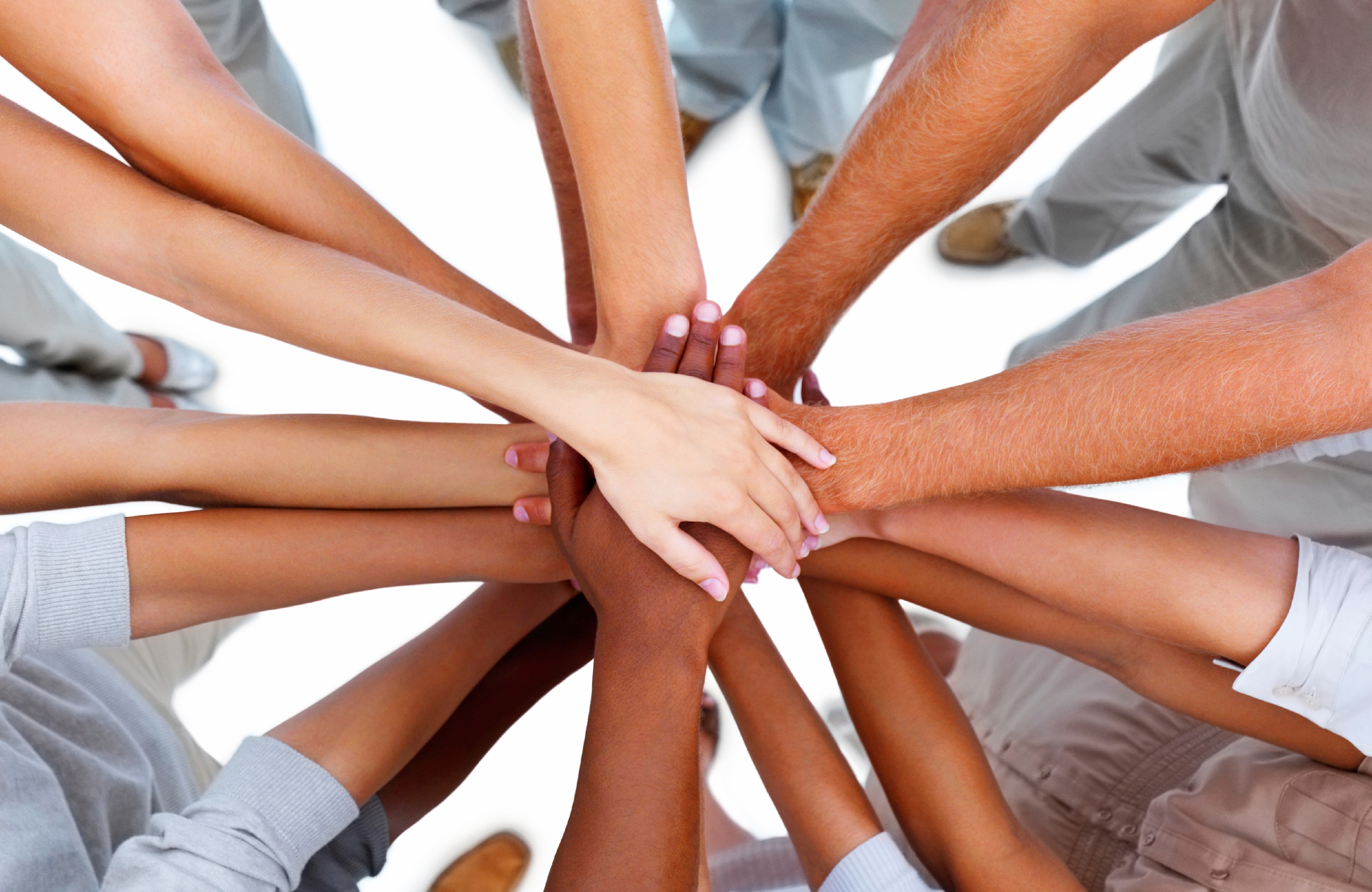
Why Professional Development is even more important today
The new ‘business as usual’ for the higher education sector looks a whole lot different than anything we imaged three months ago. Staff are transitioning to home-based work environments (some are fortunate to have an office/study area, others share their dining table with home schooled kids(!)), and every day is clouded by uncertainty.
Uncertainty is not that unusual in this sector - think new projects, restructures, new senior leadership, budget changes etc, rather the uncertainty is personal as well as professional and the pressure and worry about health, family budgets, and whether the ever elusive TP will be seen on the supermarket shelves again dominates thoughts.
As COVID-19 swept through Australia and New Zealand, the higher education sector is working non-stop to keep the wheels of this mammoth beast turning. Staff working within IT, library and eResearch really are the building blocks for our institutions and we must credit them with rising to the challenge to find solutions to keep their organisations running. And yet they are doing this in an environment that is unfamiliar as more of their work spaces become ghost towns. What once was a hive of collaboration with spontaneous corridor brainstorming sessions and cross faculty engagement is now a hermit’s dream. So what does this mean for our psyche?
Ultimately we want to feel valued in our work and in our personal lives. We want to contribute meaningfully to discussions and share ideas, and we want to be involved in ‘the process’. The concept of empowering staff to do great things isn’t new and it remains just as important now, as it was six months ago. In fact, it’s probably even more important now. Our IT managers are still having to manage staff but now in an environment that has changed dramatically and what were once face-to-face meetings are now online meetings, where it is more difficult to pick up those nuances in body language, humour and other identifiers that a manager will look for when having discussions with their team.

In increasing isolated work environments where ‘dropping in’ to discuss something with a colleague was once taken for granted and now involves less spontaneity and more thought, it is more important than ever for our higher ed and research organisations to continue to invest in their staff’s professional development to give them the tools to thrive under these very unusual circumstances. Building their resilience will spread (faster than the virus) to all those they are engaging with on a day-to-day basis. It will give staff something positive and tangible to look towards and a framework to hold on to and use to gain perspective and direction.
The value of programs such as those delivered by CAUDIT are numerous. The cross institutional networks they create are pivotal in times of sector disruption as is the habit of self-reflection that enables one to be open and receptive to change. These, all wrapped up in the embedded value of life-long-learning, are all wins for the individual and the organisation now and in the future when things really do return to ‘normal’.
Programs such as the CAUDIT Leadership Institute (CLI) provide a high-level strategic awareness of a broad spectrum of higher education issues, trends and institutional decision-making drivers. It teaches how to transition through change with the use of best practice tools. ‘Decision-making in Ambiguity’ and ‘Crisis Leading’ couldn’t be more relevant than right now and the value in understanding one’s leadership role in resolving ambiguous situations is important for senior leaders.
Similarly the CAUDIT Managers Program (CMP) looks at flexible management tools that identify key elements of employee engagement and how to get through to different stakeholders. Not only is communication and influence important right now, but learning to listen and question efficiently will help shape the dynamics of many a team.

Connect with CAUDIT
CAUDIT acknowledges the Traditional Owners of the lands where we live, learn and work. We pay our respects to Elders past and present and celebrate the stories, culture and traditions of all First Nations people.